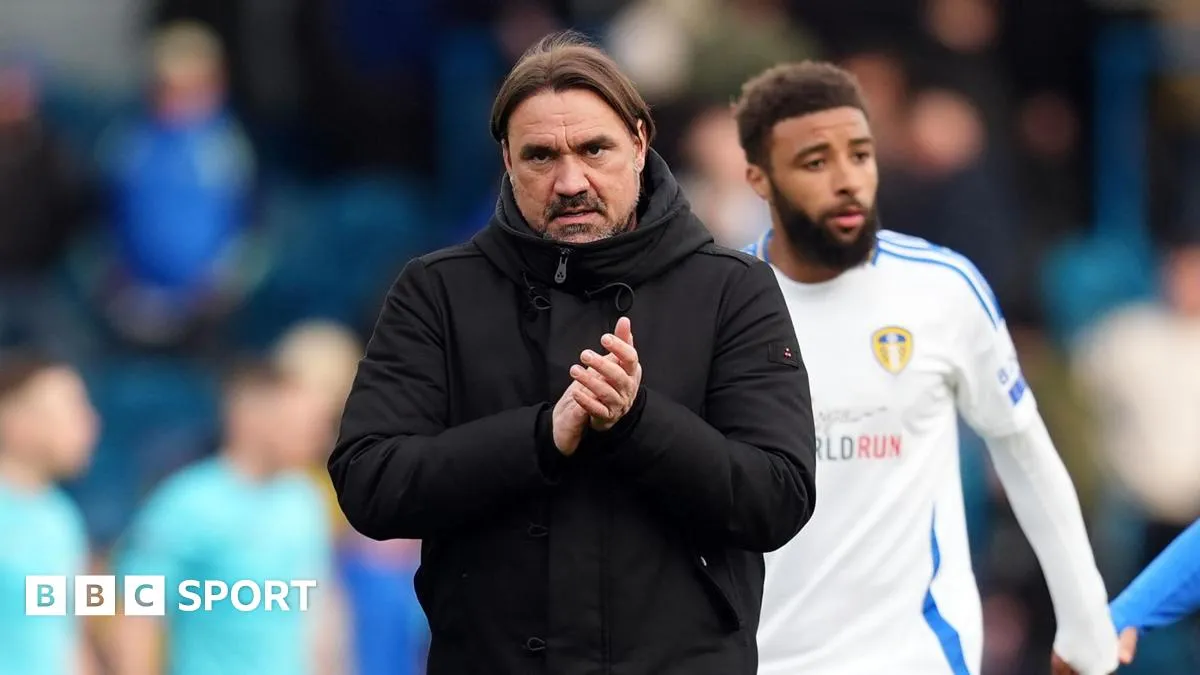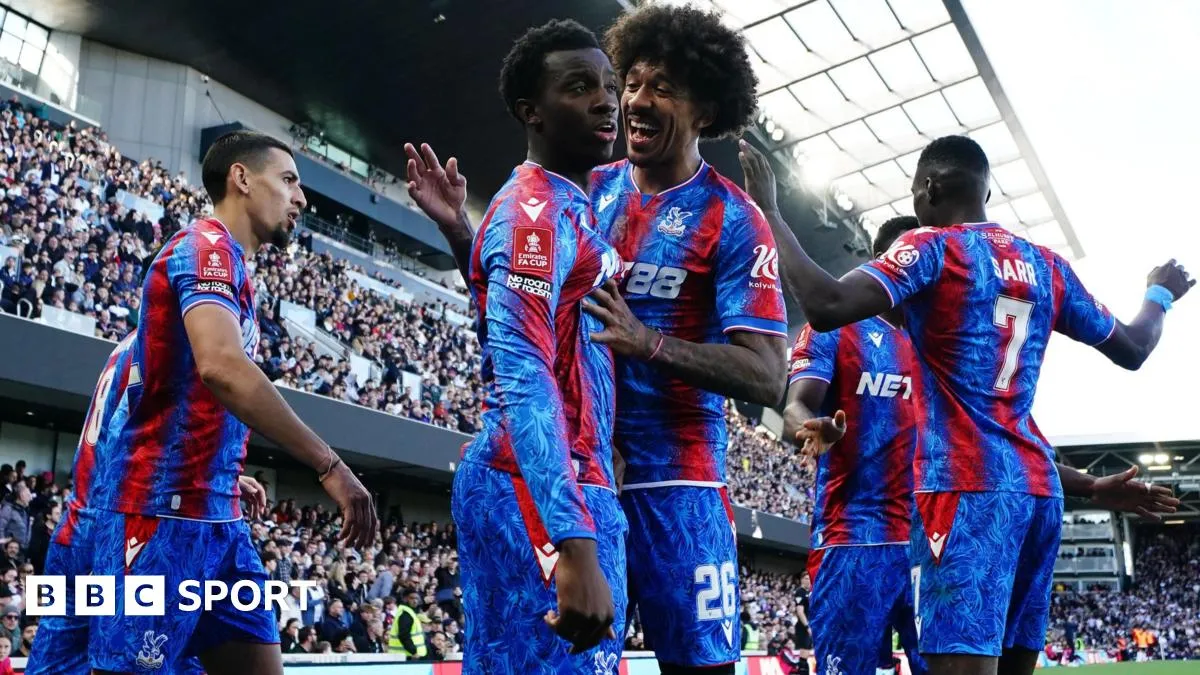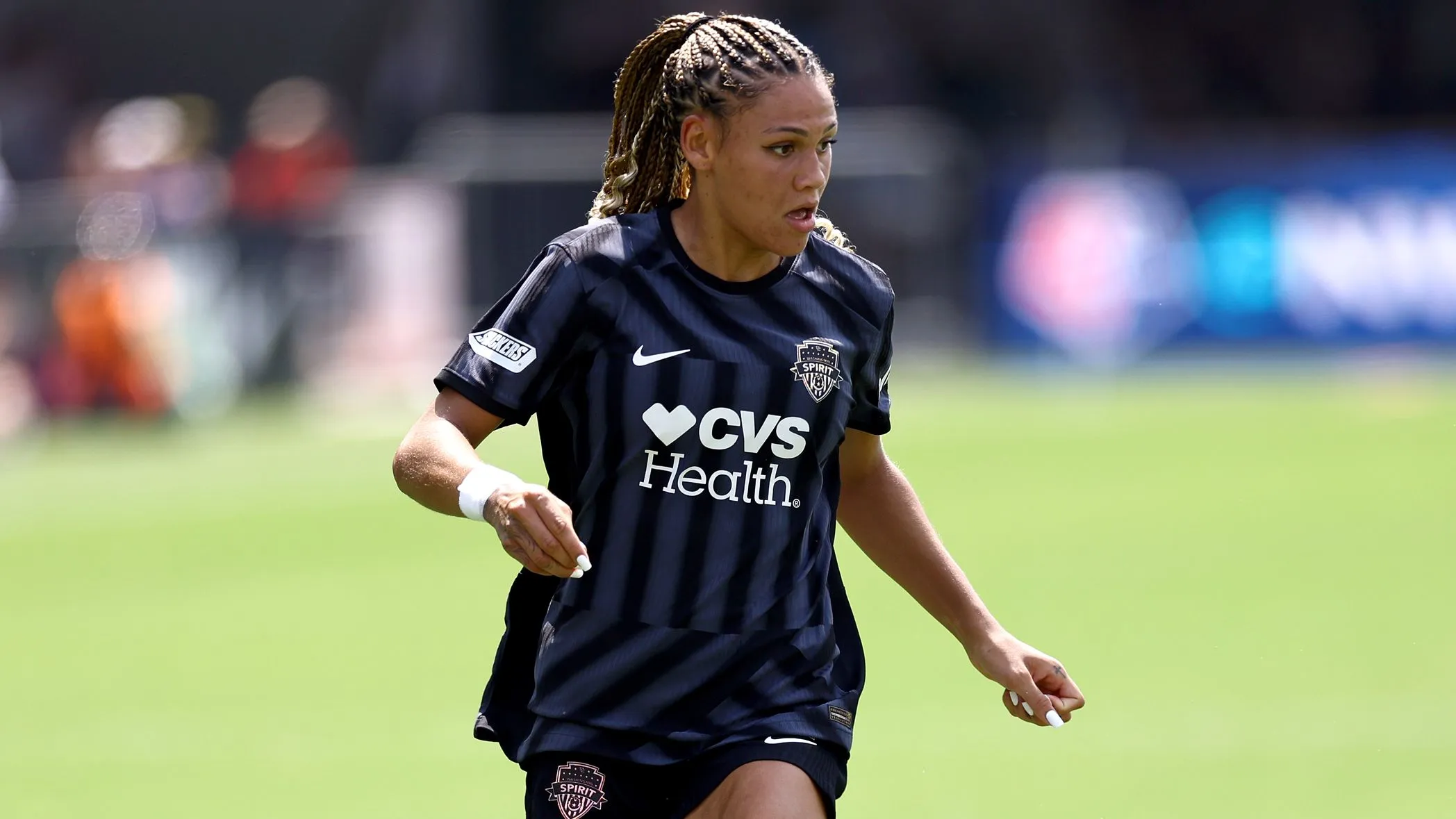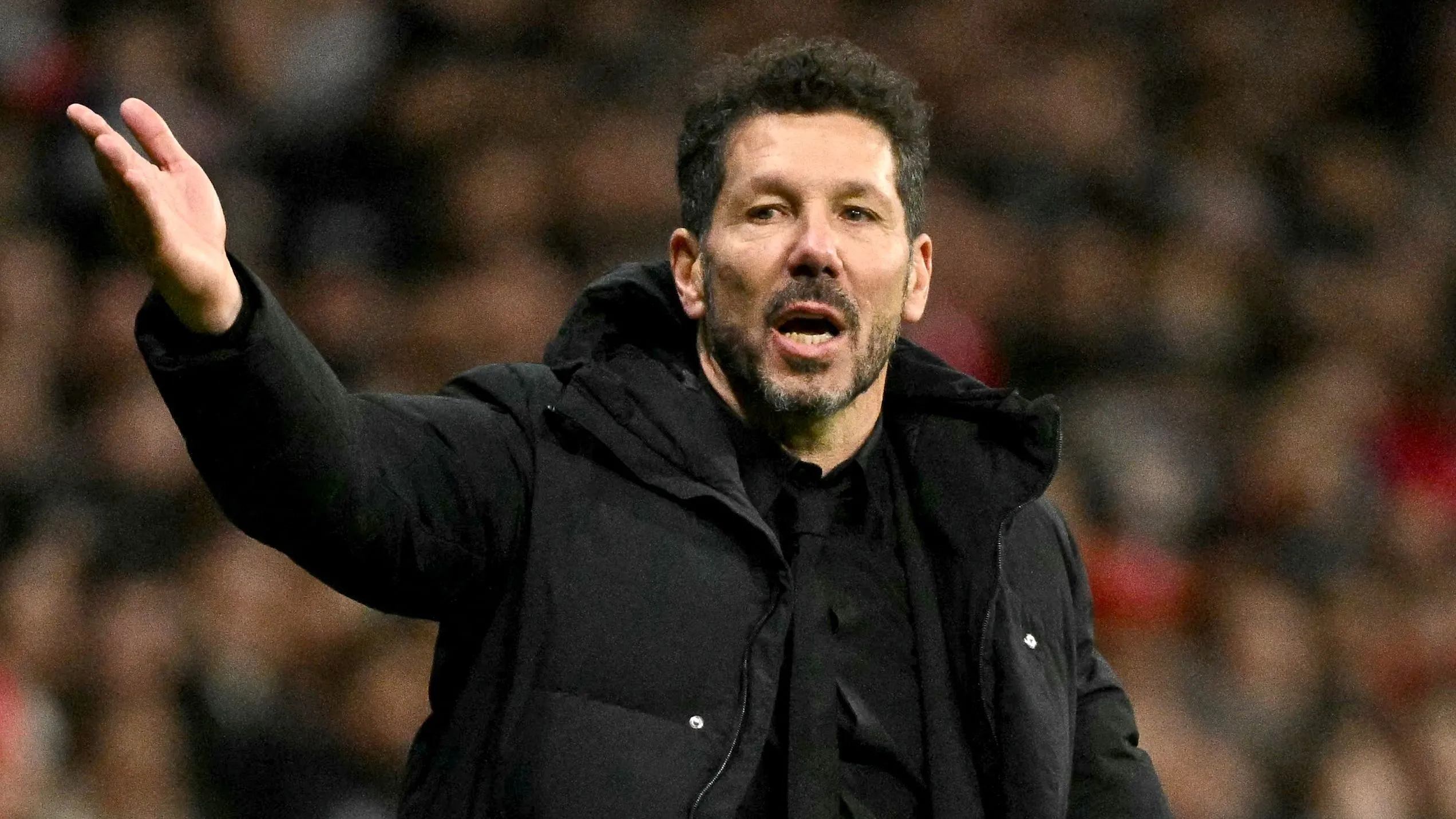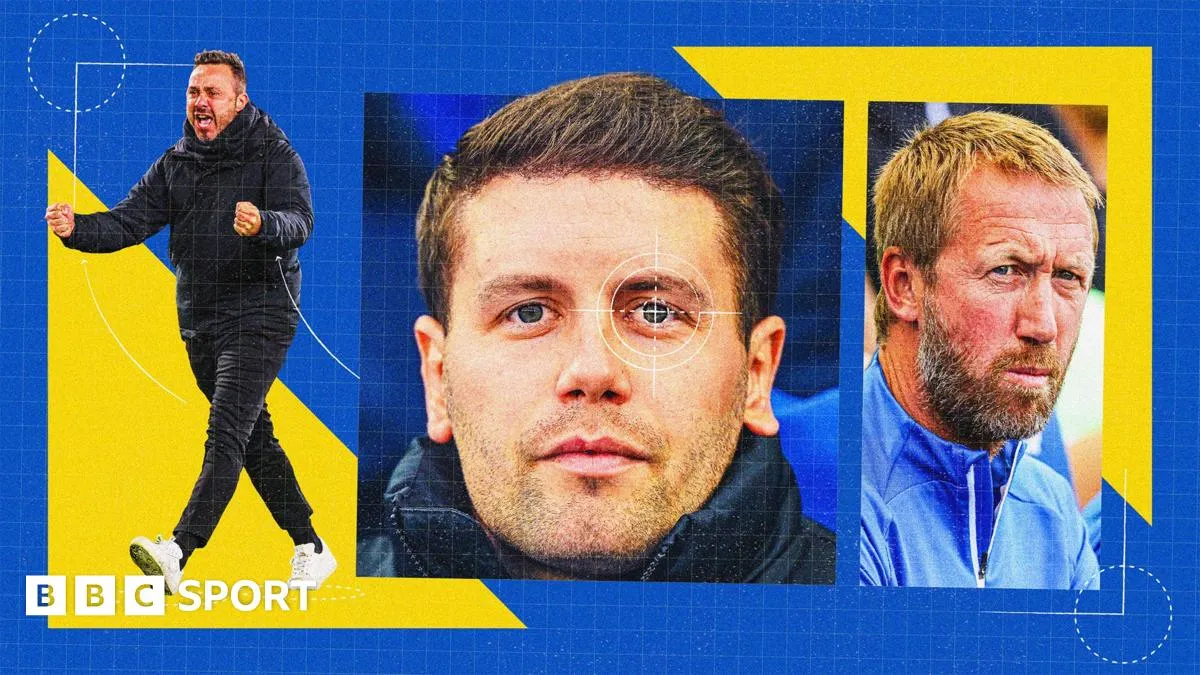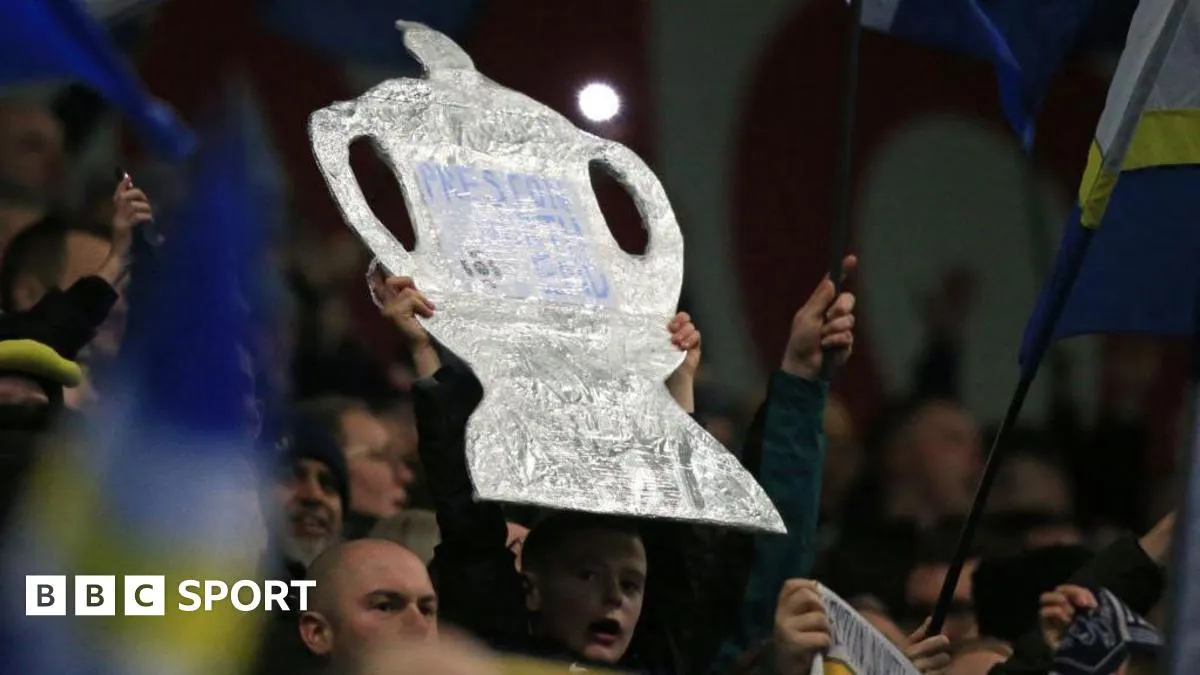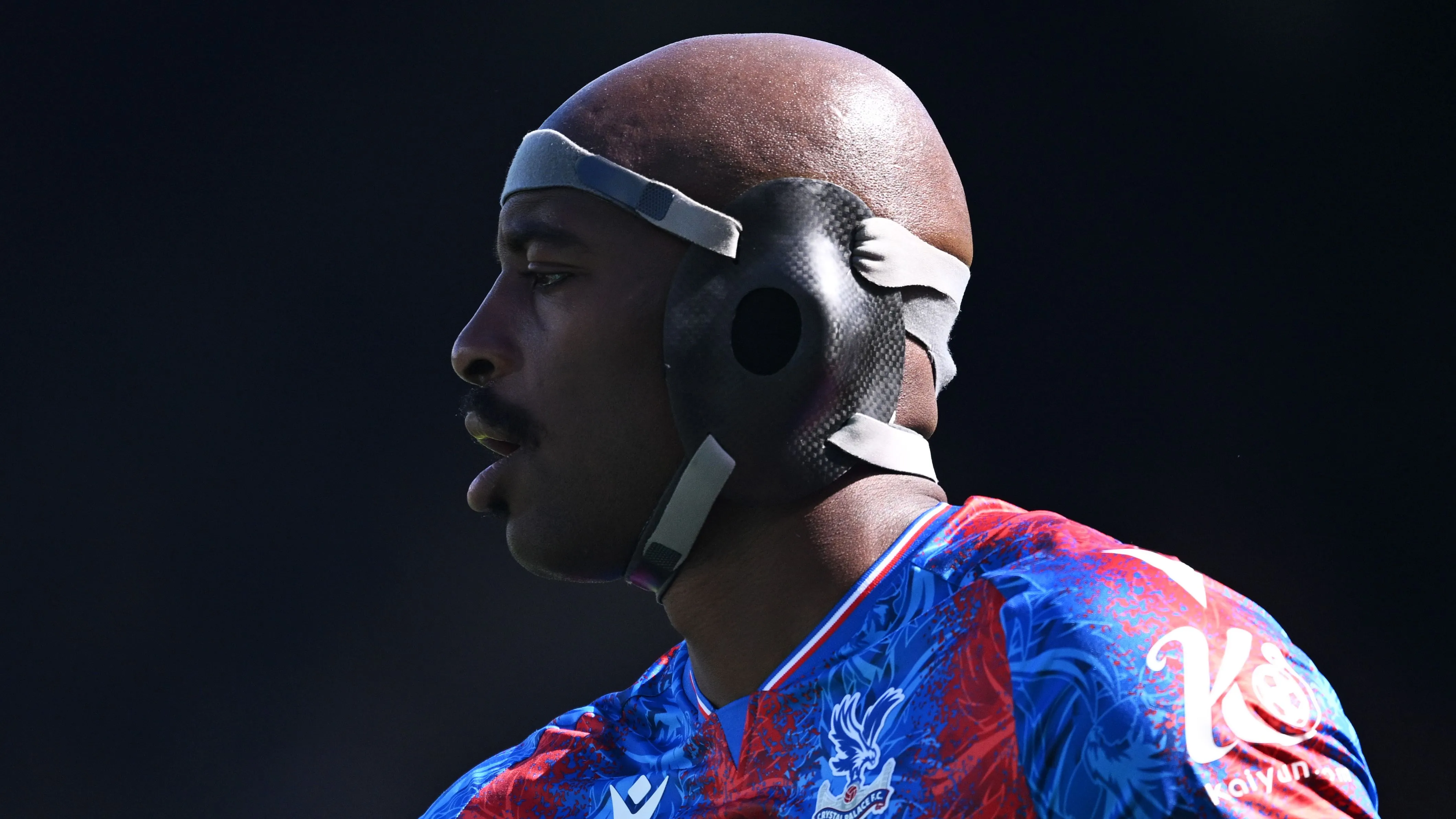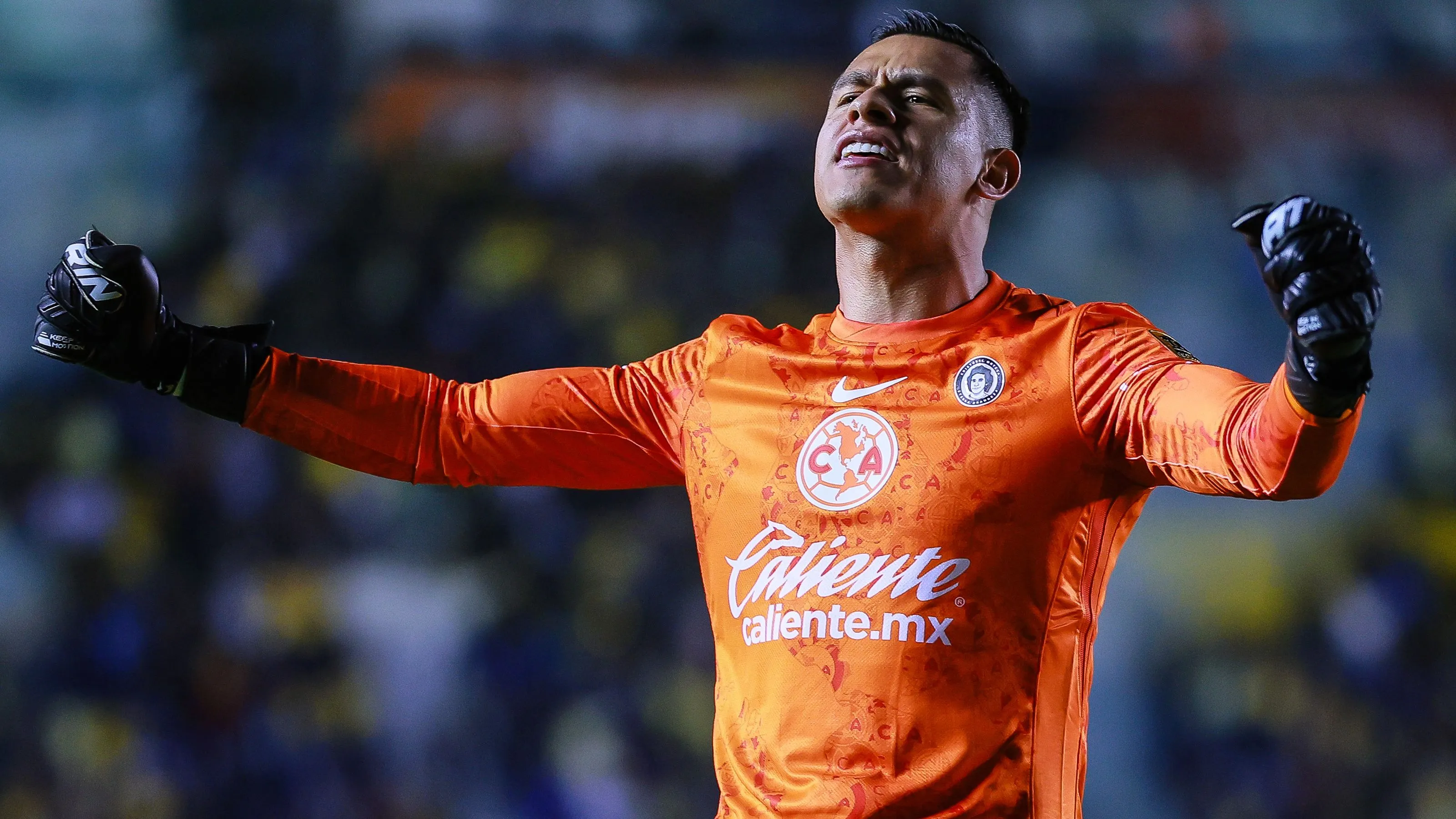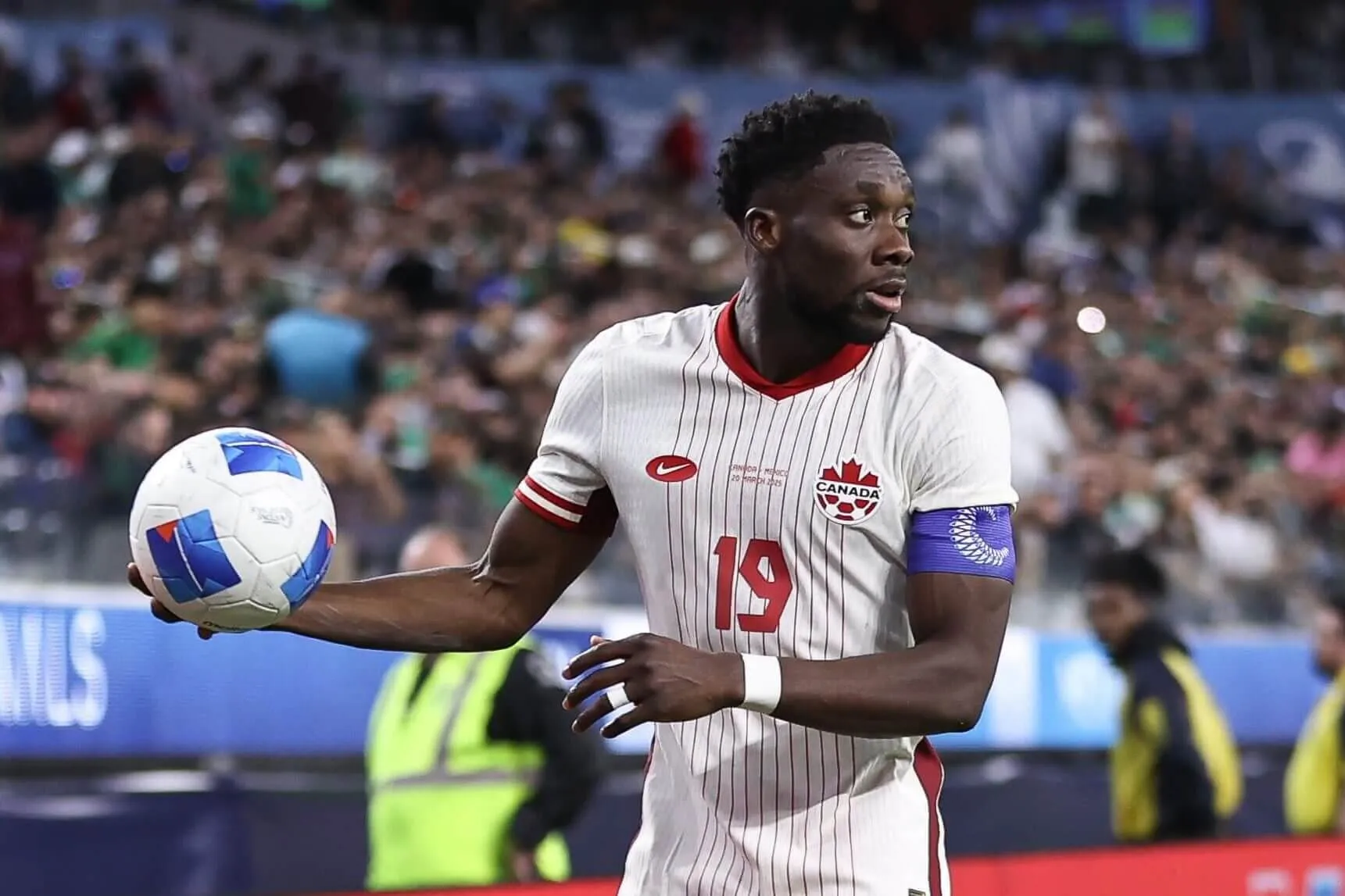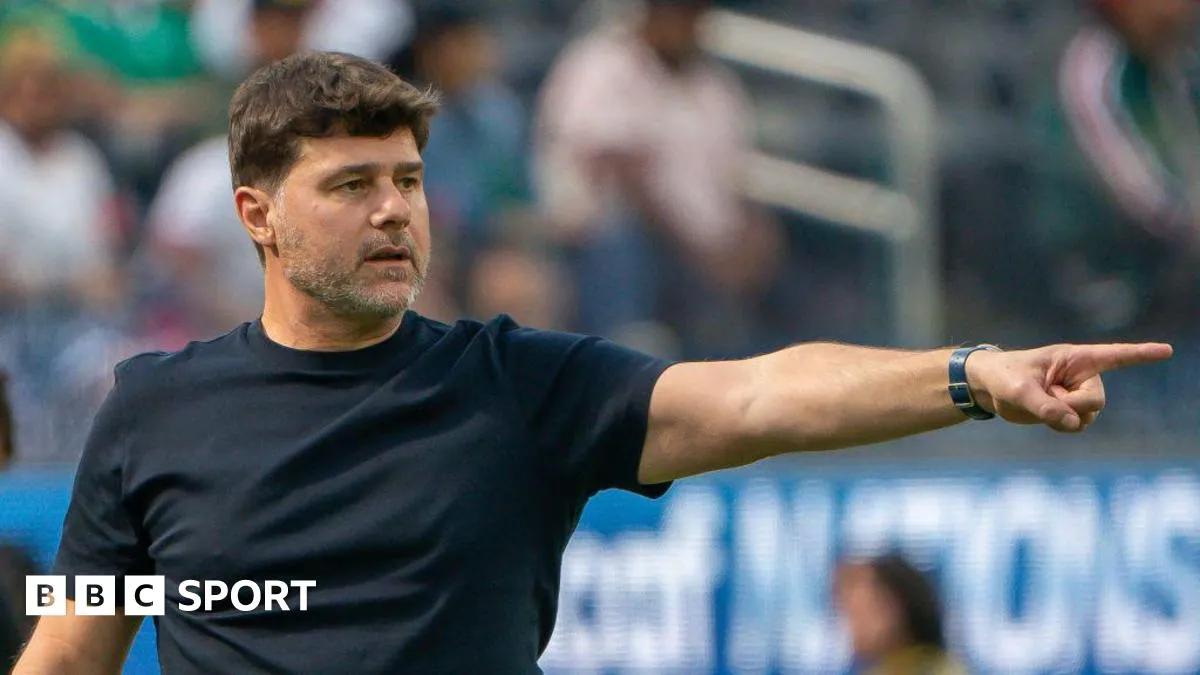
Mauricio Pochettino: Why Compensation Clause Makes Tottenham Return Unlikely Before World Cup
United States head coach Mauricio Pochettino stirred excitement among Tottenham supporters last week after expressing his desire to one day return to the club. While this isn't the first time he's mentioned wanting a second stint at Spurs, the current speculation about Ange Postecoglou's future has brought renewed attention to the possibility.
Pochettino, who joined Tottenham in 2014 and led them to second and third-place Premier League finishes as well as a Champions League final, remains a beloved figure at the Tottenham Hotspur Stadium. Recent viral social media photos showing Pochettino sharing coffee with Tottenham chairman Daniel Levy only intensified fans' hopes for his return, despite the photos not being recent.
The Argentine coach is currently facing pressure in his role with the US national team. With the 2026 World Cup on home soil just 15 months away, his team has suffered consecutive losses in Concacaf Nations League matches against Panama and Canada over the past week.
However, a deeper look at the situation reveals that Pochettino's return to Spurs anytime soon is highly improbable. According to a well-placed source, the United States Soccer Federation would be entitled to "one of the biggest financial compensation fees in football history" if Pochettino were to leave before the World Cup.
For context, Chelsea's £21m payment to Brighton for Graham Potter in 2022 and Bayern Munich's £21m to RB Leipzig for Julian Nagelsmann in 2021 are reportedly the two largest managerial compensation packages in history. Pochettino signed a two-year contract in September with an annual salary of £4.6m, but the compensation fee would extend "way beyond" his salary and approach the amounts paid for Potter and Nagelsmann.
Despite his recent comments appearing to open the door to replacing Postecoglou, sources indicate Pochettino has no immediate desire to return to Spurs and is fully committed to leading the US national team to their home World Cup. The enormous cost of releasing him from his current contract makes any such move unlikely, particularly for a club led by the financially prudent Daniel Levy.
Pochettino's commitment seems genuine rather than merely contractual. In the same interviews where he reaffirmed his eventual desire to return to Tottenham, he also spoke enthusiastically about his current role: "For us, the pressure is going to be there [at the World Cup] because we are a host. And then it's a country where the mentality is about winning. In sport, in everything that Americans are involved in, they want to win."
He added, "The players know it's going to be massive pressure and now our president [Trump] likes to put pressure on, but it's welcome. That means we are going to feel the adrenaline we need to feel. We are ready to deliver."
Much of the speculation about Pochettino's potential return stems from Postecoglou's uncertain future at Tottenham. The club currently sits in 14th place in the Premier League with 34 points, and even winning all their remaining nine matches would leave them short of last season's 66-point total. Their elimination from both domestic cup competitions means their trophy drought continues, with their only remaining hope being the Europa League, where they face Eintracht Frankfurt in the quarter-finals next month.
Success in the Europa League would significantly change perceptions of Tottenham's season, ending their 17-year wait for silverware and securing Champions League qualification. This would likely strengthen Postecoglou's position. Current indications suggest Tottenham will review the season at its conclusion before making any decisions, though results will likely dictate their approach.
As for Pochettino's performance with the US team, his record now stands at five wins and three losses. The recent defeats to Panama (1-0 in the Concacaf Nations League semi-final) and Canada (2-1 in the third-place playoff) have generated some criticism, but Pochettino remains optimistic.
After Sunday's defeat, he said: "I've seen some times that teams that were building to play in the World Cup, they were not good until around the World Cup. I want to send a message to the fans, don't be pessimistic and don't get bad feelings."
He continued, "I think we have time because if we will be in this situation in one year time, for sure, I will tell you, 'Houston, we have a problem,' no? In one year, if we're talking about that, it's because we have a big problem and we were not capable to discover, to try design a better strategy to provide to the team the capacity to play in a different way. I think we have time and I prefer that that happened today than [you] know, in one year."
Nevertheless, with approximately 15 months until the World Cup begins, this month's results have undoubtedly left US soccer fans feeling apprehensive about their team's prospects under Pochettino's leadership.

